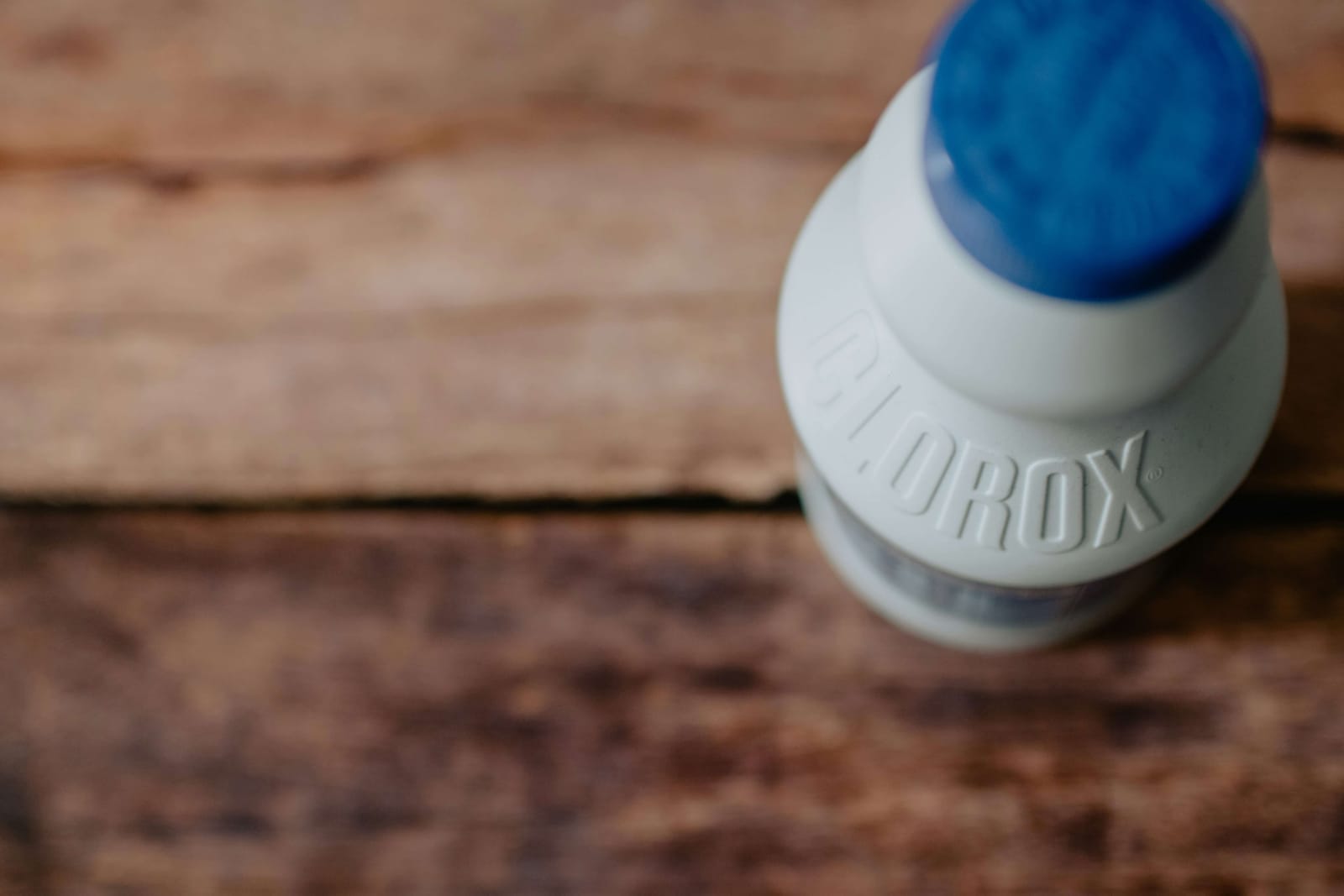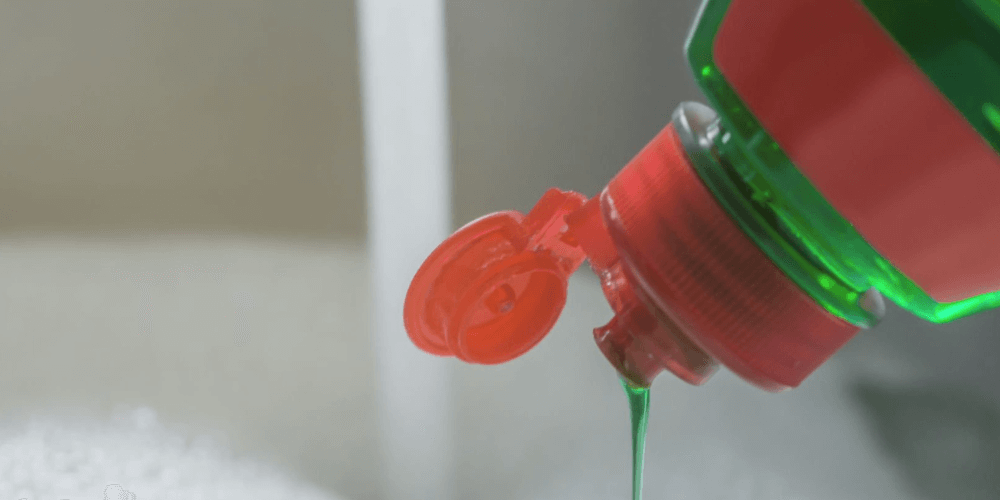A glass blender is a versatile and powerful kitchen tool, but like any appliance, it will require proper care and maintenance in order to keep it running smoothly.
This micro-guide will provide you with essential tips and techniques to maintain your glass blender, ensuring its longevity and optimal performance.
In This Article
- General Maintenance Guidelines
- Cleaning Your Glass Blender
- Cleaning Under Blender Blades
- Deep Cleaning Your Blender
- Conclusion
- Frequently Asked Questions
- Further Reading
General Maintenance Guidelines
Regular maintenance is key to prolonging your blender's life. After each use, cleaning the blender is important to prevent food residue from hardening and sticking to the blades or the jar. Always unplug the blender before cleaning or disassembling it.
Avoid overfilling the blender jar; this can put unnecessary strain on the motor, which can cause it to burn out prematurely.
Cleaning Your Glass Blender
Cleaning your glass blender is a straightforward process. After each use:
- Rinse the jar and lid with warm water to remove any leftover food particles.
- For more thorough cleaning, add a drop of dish soap to the jar, fill it halfway with warm water, and run the blender for a few seconds.
- Rinse it out with warm water.
- Always dry the blender parts thoroughly before reassembling and storing them to prevent mold and mildew growth.
Cleaning Under Blender Blades
Cleaning under the blades can be tricky, especially if your blender doesn't have removable blades.
A good method is to fill the blender jar with warm water and a bit of dish soap, then run the blender for a few seconds. This should dislodge any food particles stuck under the blades.
If your blender has removable blades, you can remove them and clean them separately.
Deep Cleaning Your Blender
Every once in a while, your blender may need a deep clean, especially if it develops a foul odor or the blades become less effective.
For a deep clean, disassemble the blender as much as possible and soak the removable parts in a solution of warm water and vinegar. This will help to dissolve any stubborn food residue and eliminate odors.
After soaking:
- Scrub the parts with a soft brush.
- Rinse them thoroughly.
- Let them dry completely before reassembling.
Conclusion
Proper maintenance and regular cleaning can greatly extend the life of your glass blender.
By following the simple guidelines mentioned in this micro-post, you can ensure that your blender remains in top condition and continues to serve you well for many years to come.
Frequently Asked Questions
What are the general guidelines for the maintenance of a blender?
Regular maintenance includes cleaning the blender after each use, avoiding overfilling the blender jar, and unplugging the blender before cleaning or disassembling.
How do you clean a glass blender?
Rinse the jar and lid with warm water after each use. For a thorough clean, add a drop of dish soap to the jar, fill it halfway with warm water, and run the blender for a few seconds. Then, rinse it out with warm water.
How do you clean under blender blades?
Fill the blender jar with warm water and a bit of dish soap, then run the blender for a few seconds. If your blender has removable blades, you can take them out and clean them separately.
How do you deep clean a blender?
Disassemble the blender as much as possible and soak the removable parts in a solution of warm water and vinegar. After soaking, scrub the parts with a soft brush, rinse them thoroughly, and let them dry completely before reassembling.
Further Reading
- Glass vs. Plastic Blenders: An In-Depth Comparison - Understand the differences between glass and plastic blenders to make an informed purchasing decision.
- The Advantages of Glass Jar Blenders: A Detailed Exploration - Explore the unique benefits of using a blender with a glass jar.
- Looking for tasty smoothie ideas? Check out Food Network's compilation of 50 satisfying smoothie recipes to enjoy a variety of flavors.
- If you're looking for a new blender, check out our article on the best glass blenders.



